PANAMA CITY, Feb 03 (V7N) — U.S. Secretary of State Marco Rubio issued a stark warning to Panama on Sunday, demanding immediate action to reduce Chinese influence over the Panama Canal or face potential consequences. However, Panama's President Jose Raul Mulino insisted his country’s sovereignty was not in question and proposed technical talks with Washington.
During his first overseas trip as the top U.S. diplomat, Rubio toured the Panama Canal, a critical waterway that handles 40% of U.S. container traffic. While publicly acknowledging the canal's strategic importance, Rubio reportedly delivered a tougher message in private, warning that President Donald Trump believes Panama has violated the 1999 treaty that transferred control of the canal from the U.S. to Panama.
Rubio cited China’s growing influence over canal operations, alleging that Beijing could effectively shut down the waterway in a future conflict.
State Department spokeswoman Tammy Bruce stated that Rubio made it clear that the U.S. would take "necessary measures" to protect its rights under the treaty if immediate changes were not made. She did not elaborate on what those measures might be.
Trump, who has taken a hardline stance on China, has not ruled out military force. On Saturday, he imposed steep tariffs on Canada, China, and Mexico, escalating his "America First" economic agenda.
Mulino downplayed Rubio’s warnings, stating that he did not believe the treaty or Panama’s control over the canal was under serious threat.
"Sovereignty over the canal is not in question," Mulino told reporters, adding that his government was open to discussions with the U.S. to "clear up concerns."
Panama had already launched an audit of a Hong Kong-based company controlling ports on both sides of the canal, but Trump has dismissed the move as insufficient.
While resisting pressure over the canal, Mulino did offer greater cooperation on a key Trump administration priority—migrant deportations.
Mulino offered the U.S. access to an airstrip in the Darien Gap, a jungle corridor used by migrants heading north to the United States.
"The deportation plan suits us very well, to be honest," Mulino said, referring to Biden-era agreements that saw the U.S. provide $6 million to help Panama expel undocumented migrants.
As Rubio met with Panamanian leaders, small but intense protests erupted in the capital.
Around 200 demonstrators chanted, "Rubio, get out of Panama!", with some burning him in effigy. Police fired tear gas to disperse the crowd.
"We reiterate that there is absolutely nothing here for Trump. Panama is a free and sovereign nation," said union leader Saul Mendez.
The Panama Canal, constructed by the U.S. and opened in 1914, remains a symbol of American influence in Latin America. President Jimmy Carter negotiated the treaty returning the canal to Panama, believing it was the right thing to do.
However, Trump’s administration sees the strategic waterway through a different lens—one of hard power and economic leverage.
As Rubio continues his regional tour, making stops in El Salvador, Costa Rica, Guatemala, and the Dominican Republic, the question remains.



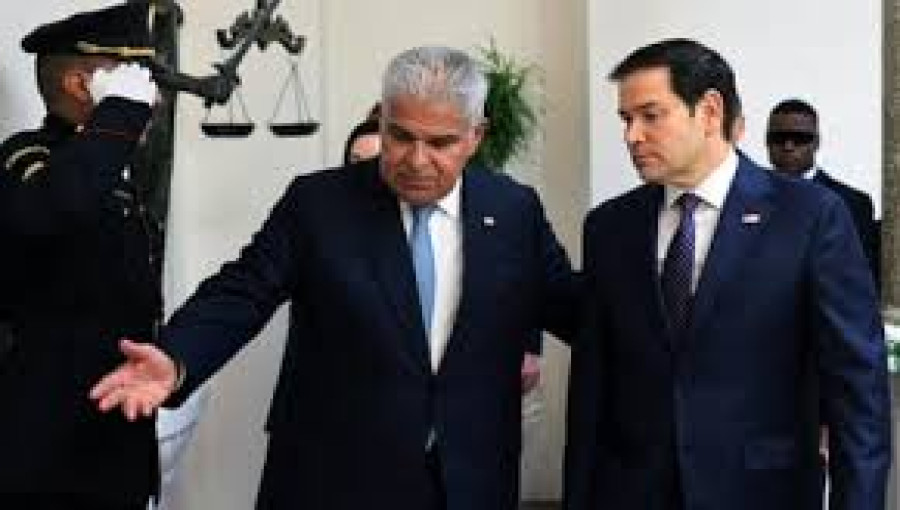
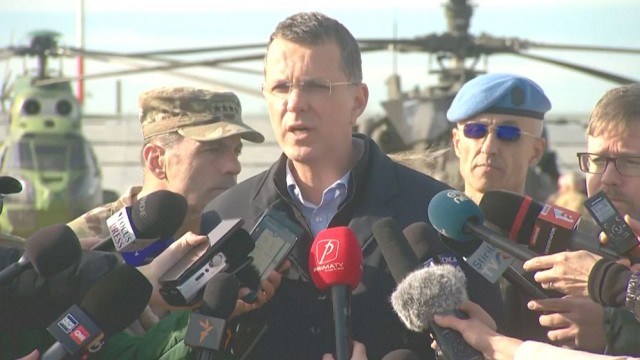
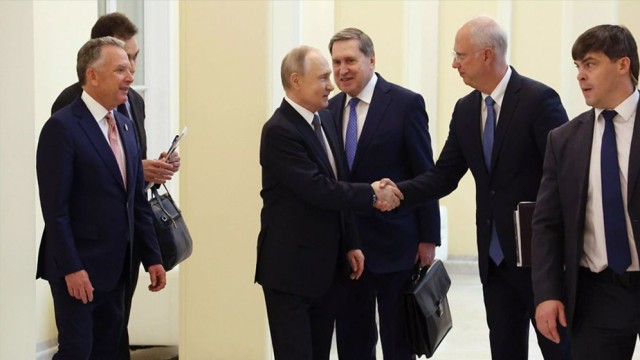
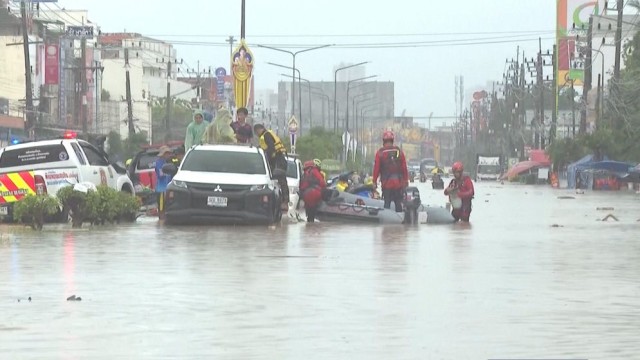
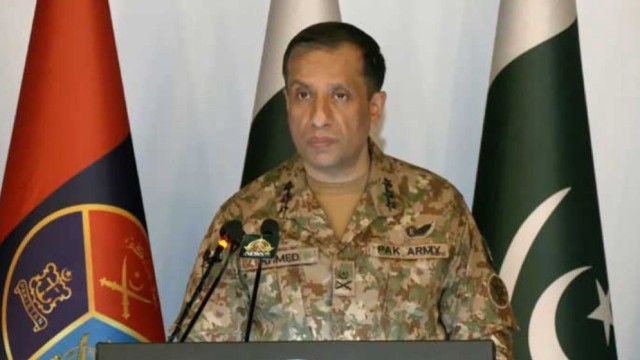

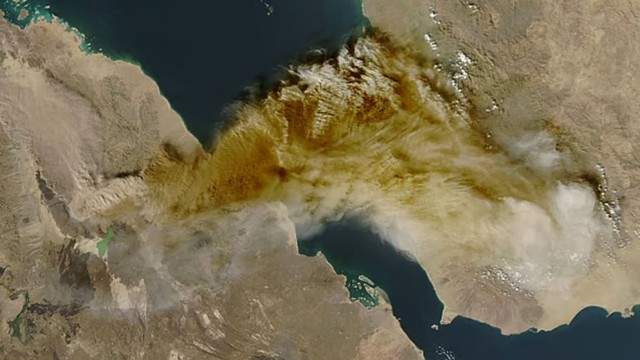
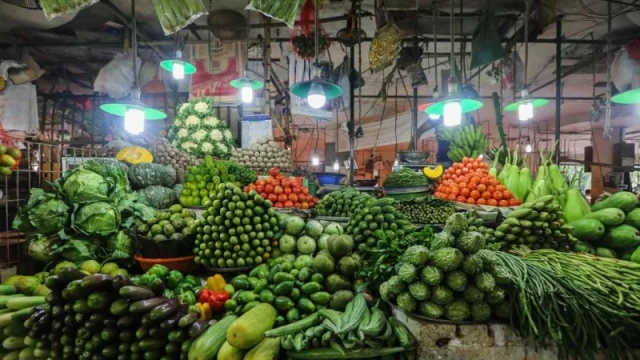
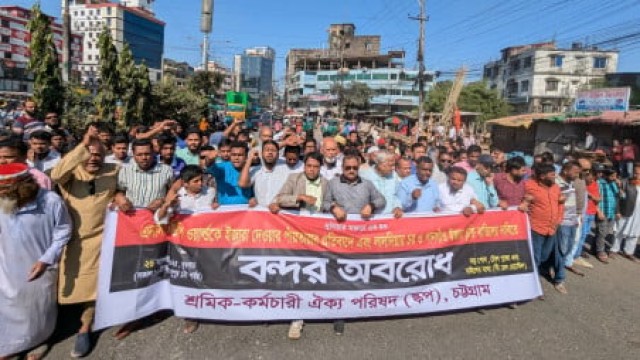
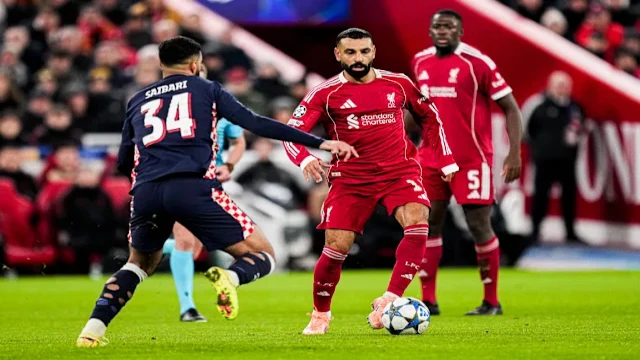
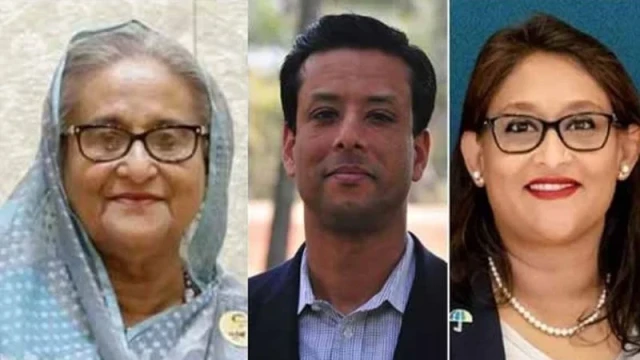
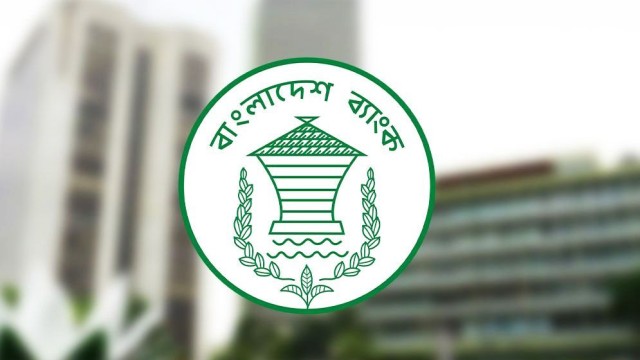

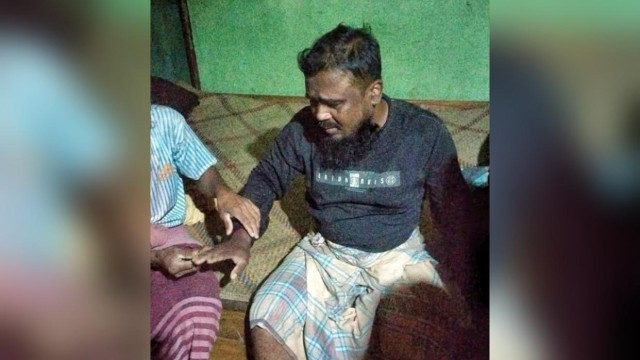
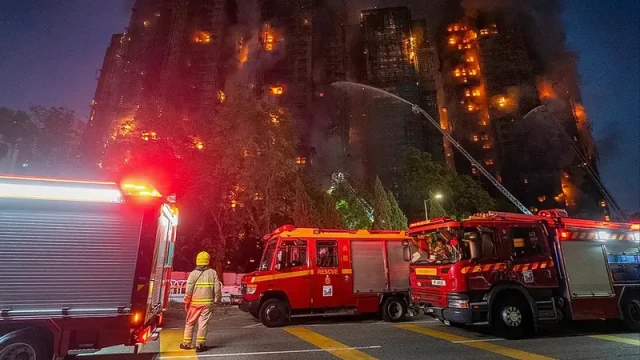

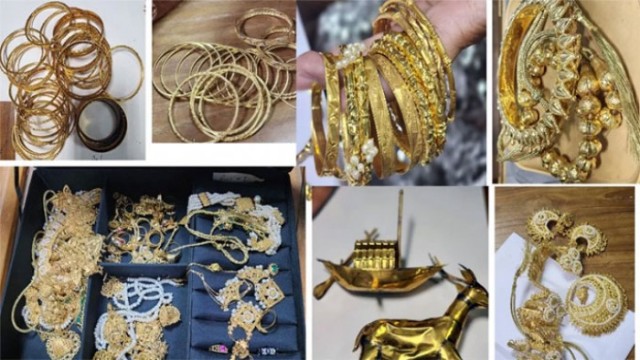

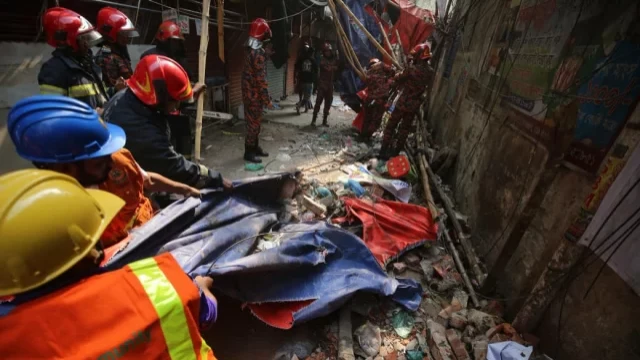

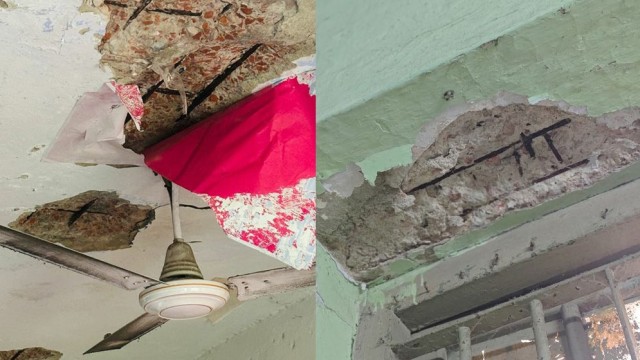
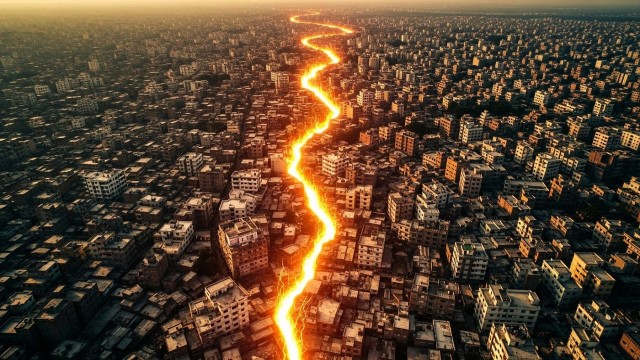


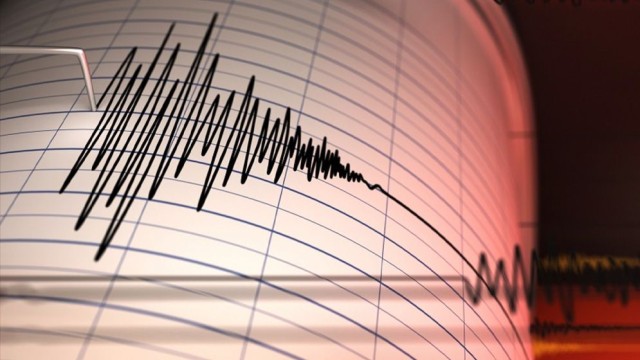
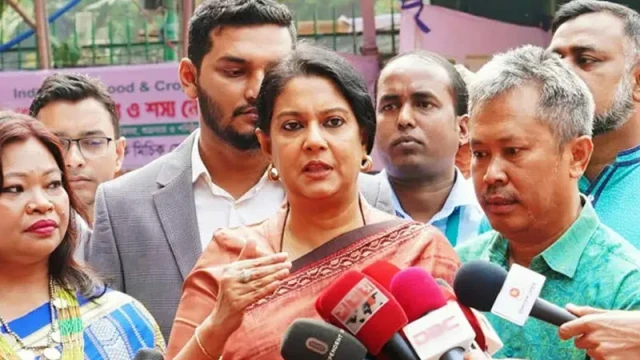
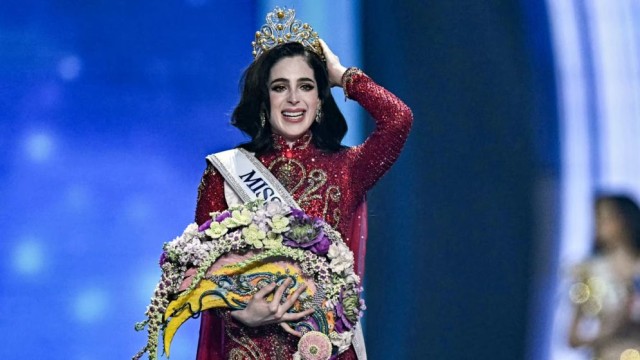
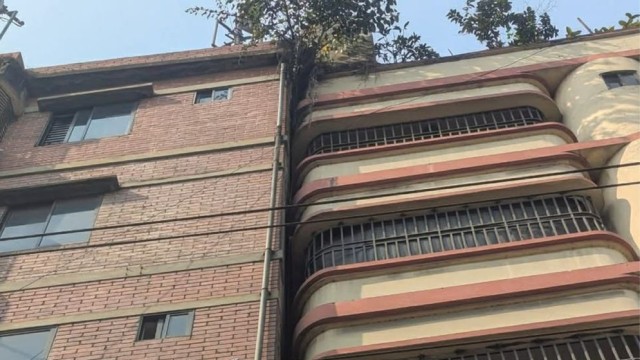
Comment: